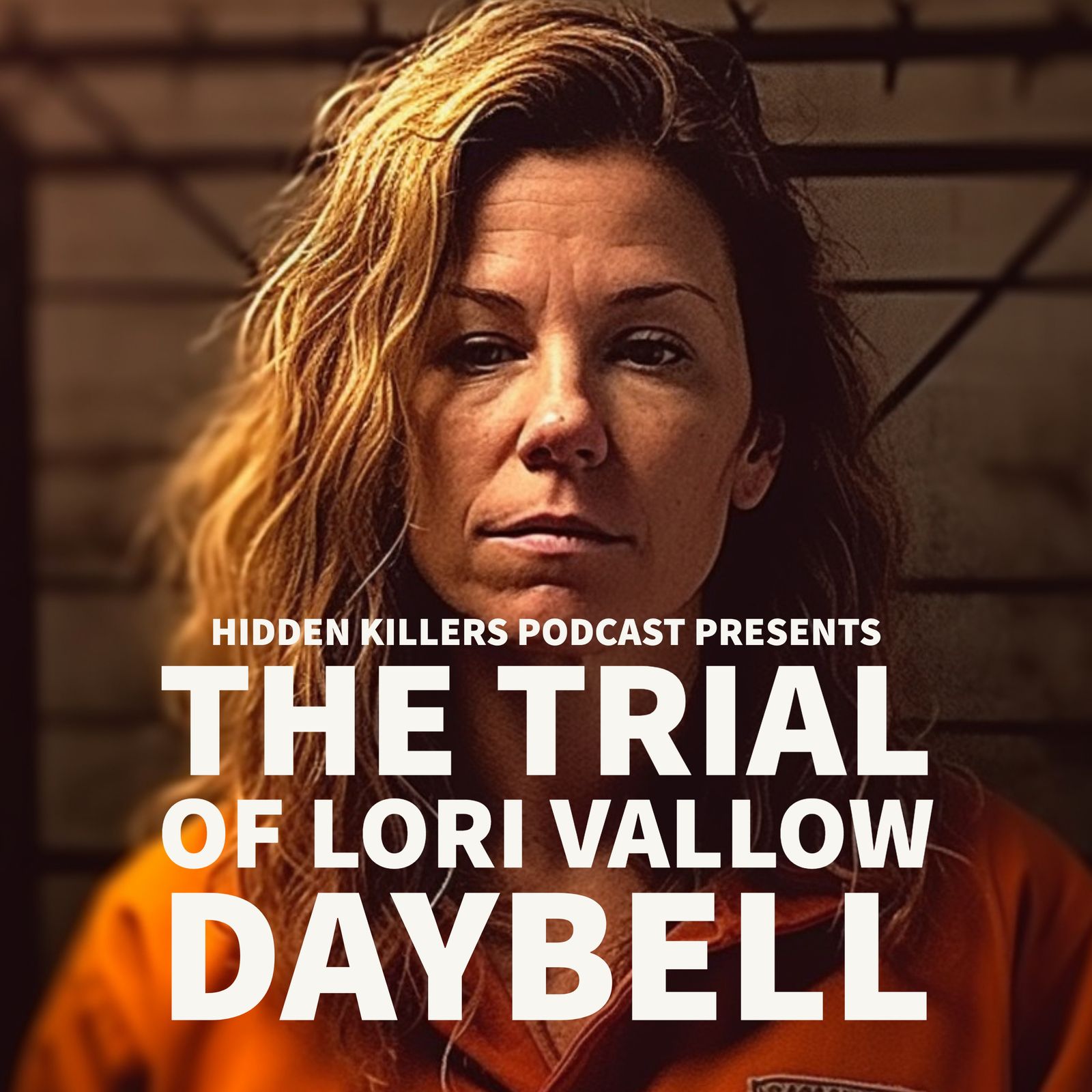Could Lori Vallow Daybell’s Murder Spree Been Interrupted?

In a recent episode of the podcast “Hidden Killers,” host Tony Brueski engaged in a stirring conversation with Shavaun Scott, a psychotherapist and author, where they discussed the critical issues of mental health, religion, and family dynamics within the context of disturbing real-life events. The talk focused on Lori Vallow Daybell, a woman whose life unraveled into disastrous consequences due to unchecked delusions, illuminating the need for vigilance and early intervention in similar situations.
Scott accentuated the peril of disregarding signs of mental instability, particularly when entwined with radical religious beliefs. “When she became more and more extreme…even though the family said, ‘well, she’s not harming anybody,’ we see where it ended up,” she commented. The case serves as a stark reminder that even though an individual’s extreme beliefs might not appear to cause harm initially, they can eventually lead to disastrous consequences. Scott asserts that such situations demand early detection and prompt mental health intervention.
The discourse took a deeper dive into the complexities of family dynamics in such situations. It was revealed that Lori’s family didn’t just fail to challenge her spiraling delusions but also alienated her brother, Adam, who dared to question Lori’s actions. Scott remarked, “It was too easy to just throw Adam out,” highlighting the crucial missed opportunity for a family intervention that could have potentially altered the trajectory of events.
Adam’s attempt to intervene, though met with rejection, underscores the delicate balance required when addressing delusional disorders within family structures. The rejection led to shutting down critical lines of communication, isolating Lori further within her distorted belief system.
Religion, a recurring theme in the dialogue, was also scrutinized. Lori’s intense engagement with religion was deemed not inherently harmful. However, her interpretation of those beliefs spiraled into calamitous outcomes. Brueski noted, “Religion [can] be the savior… But this is where that went too far.” It sheds light on the dual-edged nature of religious beliefs, which can be either uplifting or catastrophic, depending on their interpretation and application.
Scott provided crucial professional insight into distinguishing healthy spiritual beliefs from those veering off into perilous territory. She posed the question: “Is it healthy? Is it pro-social? Is it helping people discover the best parts of themselves?” She also warned of the red flags: “Has it become persecutory? Is it focused on the devil? Is it focused on demons?” Lori’s faith, rather than being a source of positivity or community, became a breeding ground for fear, anger, and the darkest of human impulses, indicating a dangerous deviation.
Want to listen to ALL of our podcasts AD-FREE? Subscribe through APPLE PODCASTS, and try it for three days free: https://tinyurl.com/ycw626tj
Follow Our Other Cases: https://www.truecrimetodaypod.com
The latest on Catching the Long Island Serial Killer, Chad & Lori Daybell, The Murder of Ana Walshe, Alex Murdaugh, Bryan Kohberger, Lucy Letby, Kouri Richins, Justice for Harmony Montgomery, The Murder of Stephen Smith, The Murder of Madeline Kingsbury, and much more! Listen at https://www.truecrimetodaypod.com
Scott accentuated the peril of disregarding signs of mental instability, particularly when entwined with radical religious beliefs. “When she became more and more extreme…even though the family said, ‘well, she’s not harming anybody,’ we see where it ended up,” she commented. The case serves as a stark reminder that even though an individual’s extreme beliefs might not appear to cause harm initially, they can eventually lead to disastrous consequences. Scott asserts that such situations demand early detection and prompt mental health intervention.
The discourse took a deeper dive into the complexities of family dynamics in such situations. It was revealed that Lori’s family didn’t just fail to challenge her spiraling delusions but also alienated her brother, Adam, who dared to question Lori’s actions. Scott remarked, “It was too easy to just throw Adam out,” highlighting the crucial missed opportunity for a family intervention that could have potentially altered the trajectory of events.
Adam’s attempt to intervene, though met with rejection, underscores the delicate balance required when addressing delusional disorders within family structures. The rejection led to shutting down critical lines of communication, isolating Lori further within her distorted belief system.
Religion, a recurring theme in the dialogue, was also scrutinized. Lori’s intense engagement with religion was deemed not inherently harmful. However, her interpretation of those beliefs spiraled into calamitous outcomes. Brueski noted, “Religion [can] be the savior… But this is where that went too far.” It sheds light on the dual-edged nature of religious beliefs, which can be either uplifting or catastrophic, depending on their interpretation and application.
Scott provided crucial professional insight into distinguishing healthy spiritual beliefs from those veering off into perilous territory. She posed the question: “Is it healthy? Is it pro-social? Is it helping people discover the best parts of themselves?” She also warned of the red flags: “Has it become persecutory? Is it focused on the devil? Is it focused on demons?” Lori’s faith, rather than being a source of positivity or community, became a breeding ground for fear, anger, and the darkest of human impulses, indicating a dangerous deviation.
Want to listen to ALL of our podcasts AD-FREE? Subscribe through APPLE PODCASTS, and try it for three days free: https://tinyurl.com/ycw626tj
Follow Our Other Cases: https://www.truecrimetodaypod.com
The latest on Catching the Long Island Serial Killer, Chad & Lori Daybell, The Murder of Ana Walshe, Alex Murdaugh, Bryan Kohberger, Lucy Letby, Kouri Richins, Justice for Harmony Montgomery, The Murder of Stephen Smith, The Murder of Madeline Kingsbury, and much more! Listen at https://www.truecrimetodaypod.com

